
Vaidehi Joshi
The Cost of Data
The internet grows every day. Every second, one of us is making calls to an API, uploading images, and streaming the latest content. But what is the cost of this—is it free? This talk explores the reality of data, and what responsibilities we have as creators and consumers of tech.
About Vaidehi
Vaidehi is a senior engineer at DEV, where she builds community and helps improve the software careers of millions. She enjoys building and breaking code, but loves creating empathetic engineering teams a whole lot more. She is the creator of basecs and baseds, two writing series exploring the fundamentals of computer science and distributed systems. She also co-hosts the Base.cs Podcast, and is a producer of the BaseCS and Byte Sized video series.
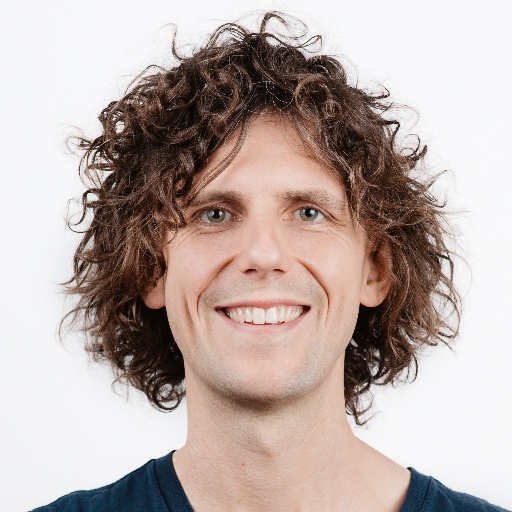
Xavier Shay
My Experience With Experience
Becoming a senior contributor to your organization takes years. It's a process that is stubbornly hard to accelerate - it takes much more than drilling code katas! In this talk Xavier reflect on situations he's encountered over the last decade, and apply some academic models he's found useful to explain and learn from them. By doing so we can better understand the limits to learning and prepare ourselves to make the most out of our experience.
About Xavier
Xavier recently moved back home to Melbourne after spending eight years in San Francisco, mostly as an engineering leader at Square. Currently working at Ferocia building Up, a fancy new digital bank. He's scheming to introduce the RubyConf 5K tradition to Australia.
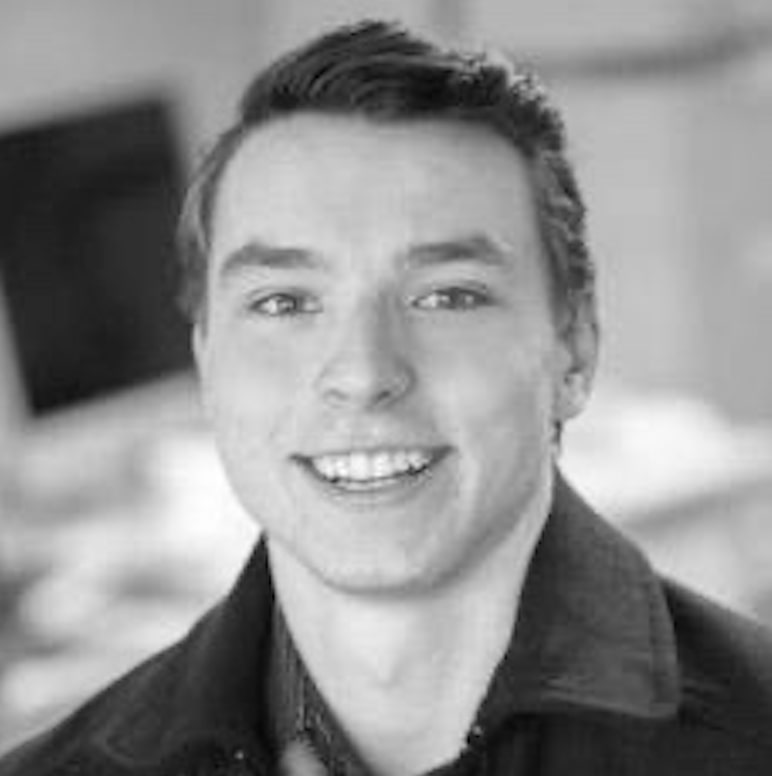
Matthew Borden
Murdering our Mongo Database (or how we migrated to a relational database)
This is the story of migrating large parts of an application’s data layer from MongoDB to MySQL with zero downtime using Ruby. We’ll cover designing schemas to represent untyped data, dual writing to both databases, migrating old data and staging the cutover to the new database.
About Matthew
Matthew is a Site Reliability Engineer at Seer Medical maintaining a cloud based epilepsy diagnostics system. Previously, he was at Stile Education developing a science education platform for high school students. He enjoys the detective work of debugging issues in production, the delightful nature of writing Ruby and finding new ways to break systems early before they break in production.
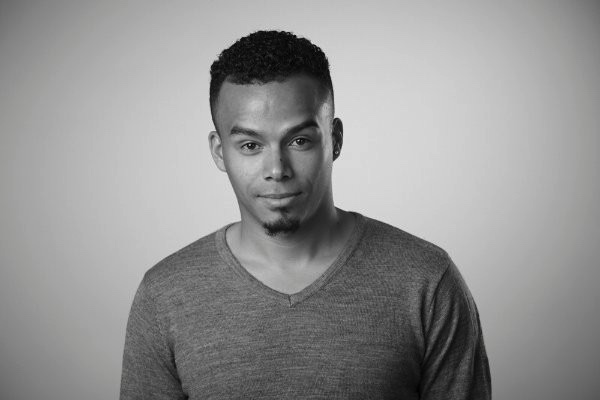
Liam McNally
Working remotely and how to scale a remote first work environment
The talk will centre around: The benefits and challenges of working remotely How to hire remote workers How to build a remote first culture How to ensure that culture scales The benefits and challenges to a business of a remote first environment
About Liam
Close to 10 years experience working in HR and Talent Acquisition and the last 3 years working and scaling remote businesses. I have worked in tech environments for the last 5 years and have become a huge advocate for remote working as a way of building and teams/businesses.
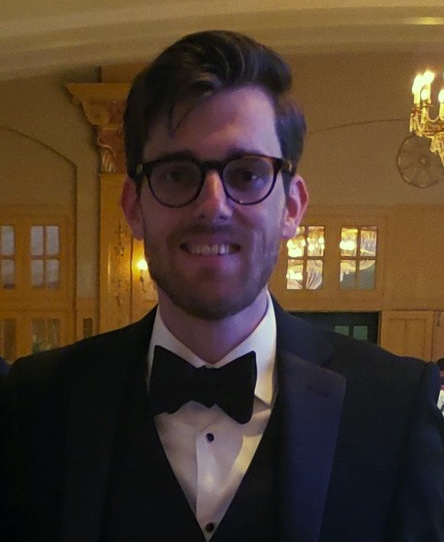
Brandon Weaver
Tales from the Ruby Grimoire
The Grimoire is a collection of Ruby tricks. It’s a performance, a storybook adventure told by a particularly mad narrator weaving tales from the darkest corners of Ruby. Give your audience an experience they won’t forget, and a group of mischievous little lemurs a chance to warm your hearts.
About Brandon
Brandon is a Ruby Architect at Square working on the Frameworks team, defining standards for Ruby across the company. He's an artist who turned programmer who had a crazy idea to teach programming with cartoon lemurs and whimsy.

Carmen Chung
How To Write Tech Documentation That Will Save Your Career
“Save your career?!” You’re probably thinking. “That’s a bit dramatic!” But so is someone saying “Thank goodness for these docs!” - and trust me, it does happen. In this talk, I’ll share battle-tested tips for writing tech documentation that people will come back to, time and time again.
About Carmen
Carmen is a software engineer, writer, and conference speaker, with a reputation for breaking people's code. Prior to her move into tech, she worked internationally as a corporate lawyer for almost seven years.
During the day, she is a software engineer at Valiant Finance, and at night, she's the host and producer of a YouTube channel called CodeFights, which teaches people how to solve coding questions in 15 minutes. In her spare time, she teaches flexibility classes, creates (often absurd) side projects, and fosters rescue dogs.
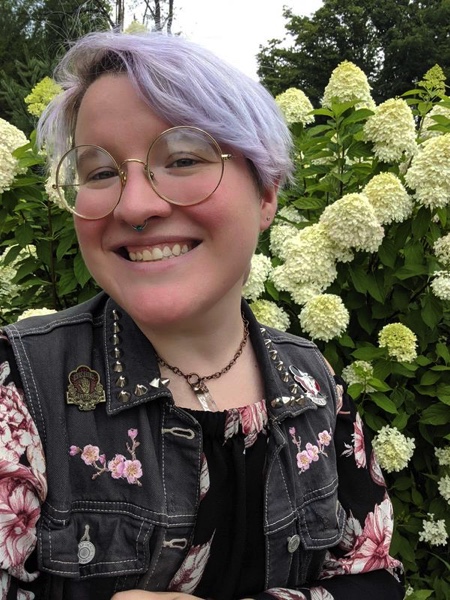
Jameson Hampton
Walking A Mile In Your Users' Shoes
Developing apps for users in different demographics is inherently differently than developing apps just for ourselves and for other programmers. Understanding the needs of our users — and learning to foster empathy for them — is just as much of a skill as learning Rails, Java or PHP!
About Jameson
Jamey is a non-binary adventurer from Buffalo, NY who wishes they were immortal so they’d have time to visit every coffee shop in the world. They're a Rails engineer who has recently been taking the plunge into DevRel and a panelist on the Greater than Code podcast. In their spare time, they do advocacy in the transgender community, write comics and spend as much time as possible in the forest.
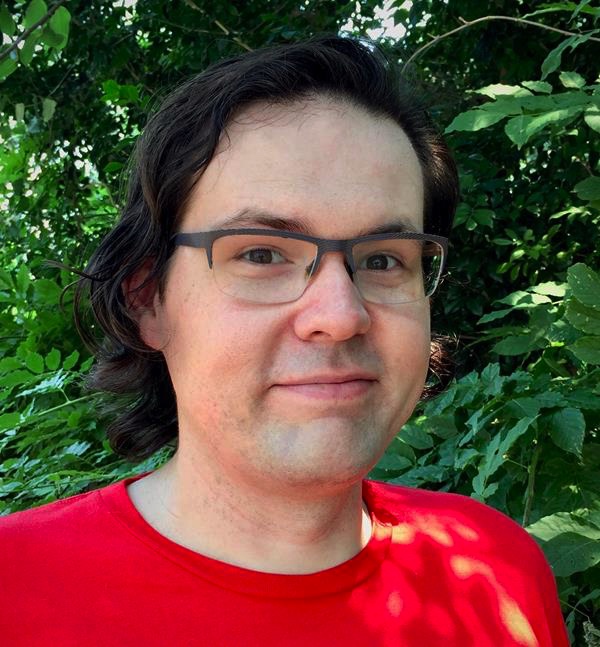
Rob Howard
A Message to the Stars
In 1977, NASA launched the Voyager probes into space. Each carried a copper ‘vinyl’ record, with music, speech… and 115 images, all inscribed on the disc as audio! In this talk we’ll pretend to be aliens; we’ll use Ruby to read the audio, recreate the images, and learn some space history too. 🚀✨
About Rob
Rob Howard is a web developer and figurative magpie. Having spent his career so far learning and mixing the nice parts from different programming languages, he'd like nothing better than to help technical communities learn more from each other, build better stuff, and have fun in the process.
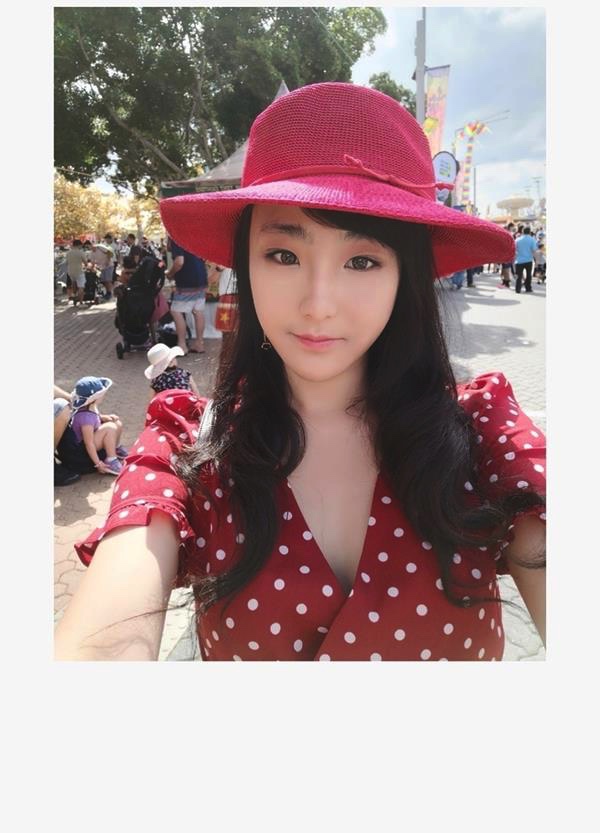
Nancy Cai
How much pressure can your app handle - Performance testing with Ruby
Have you ever considered how much pressure your app can handle before it explodes? Do you want to know what’s your app’s bottleneck? I’ll teach how to build a performance testing framework, in RUBY!
About Nancy
I learnt Economics and Interpreting and Translation in Uni. But after I graduated I ended up being a dental nurse for 2.5 years. Then I realised I need a career that has bright future so I started to learn software testing. I taught myself the necessary coding skills to became a QA engineer. Later under the mentorship of the other software engineers at Airtasker I became one of them as well. I love Lord of the Rings to death! For me it's the best movie ever! I also love to make fondant cakes and according to my co-workers they are amazing :)
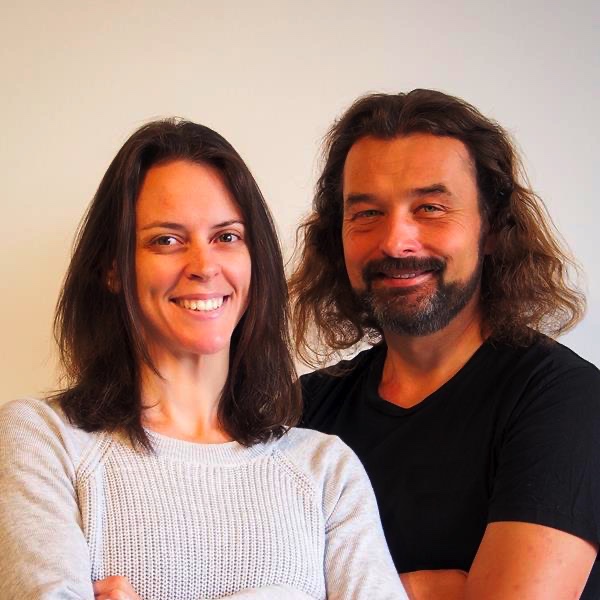
Selena Small and Michael Milewski
10X your teamwork through pair programming
A roller coaster journey of how to get the most out of pair-programming. Live on stage acting out highs, lows, do’s and don’ts of pair-programming. Laughs and tears are guaranteed as the audience connect on the difficulties and ultimately the rewards that can be reaped through effective pairing.
About Selena and Michael
Selena and Michael met through work at Fresho! but soon realised they are the kind of friends who would rather talk tech at a party. So they turned their party times into numerous hackathons, coding camps, and duo talks and workshops on topics around test driving software and pair programming.
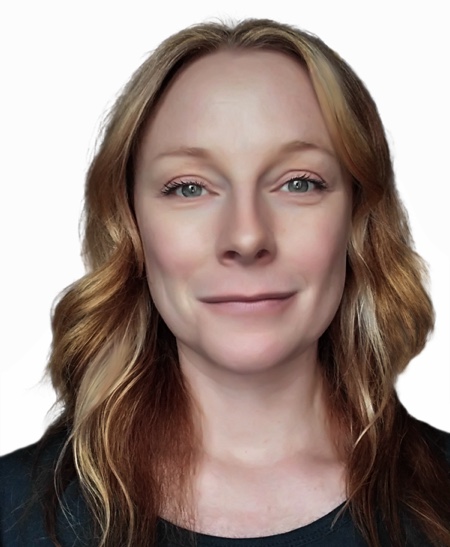
Adel Smee
Inclusiveness - It's In Your Hands
The tech industry is a way from creating a safe, nurturing, inclusive culture. This talk will encourage you to get involved in diversity and inclusion work at your company in whatever way makes sense to you. It includes a few pointers to get you started and stories to motivate you along the way.
About Adel
Adel Smee is an Engineering Manager at Zendesk where, for the last four years, she has led innovation projects across a variety of technologies and grown a number of high performing teams. Her career in tech started with teaching people to code, before she decided to break out and get paid to do it commercially at a startup, then at Lonely Planet, and then at Zendesk. Along the way she realised that her main implicit motivator is delight in the success of others, which turns out to be a really useful quality in a manager. She is obsessed with what makes people (and herself) tick and loves to hear how she is getting it wrong so she can do better. Adel is an incurable optimist who believes that one day we’ll live in a world where everybody likes their job as much as she does, but isn’t naive enough to think that day is coming any time soon.
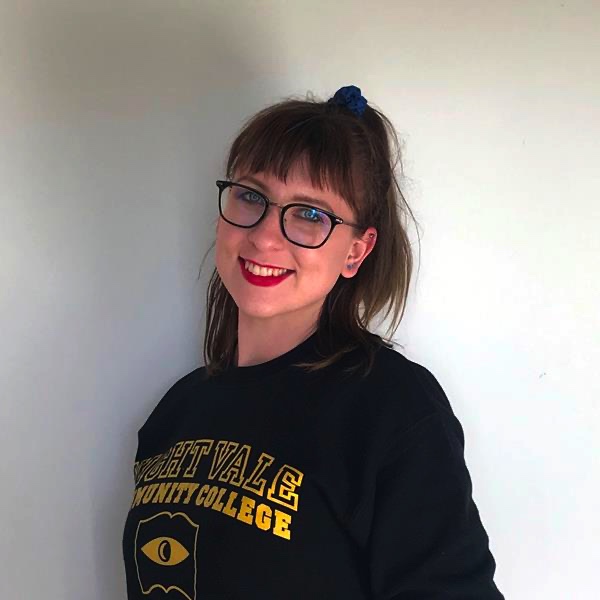
Lena Plaksina
Just my type: things I learned from writing my own programming language
Do the principles on which a programming language is based shape the community that grows up around it? Heck yes. While writing my own programming language, I was reminded that language creates (not merely carries) meaning. I also learned that you don’t have to be Grace Hopper to write your own.
About Lena
Hi, I’m Lena. I’m an avid cat rescuer, learning enthusiast, and Rails Bridge Wellington organising committee member. I started out in design, but fell for web and software development during my first industry internship. I've been writing Ruby since 2015, and I'm currently learning other languages to expand my toolkit. I’m all about finding patterns, building and communicating software in a way that helps everyone understands it, and failing better – mistakes make me a better developer, and I believe that failing is just an opportunity to learn. When I’m not coding, I’m watching movies with my 3-legged rescue cat Warlock, collecting enamel pins, and helping out and/or presenting at tech community events around town.
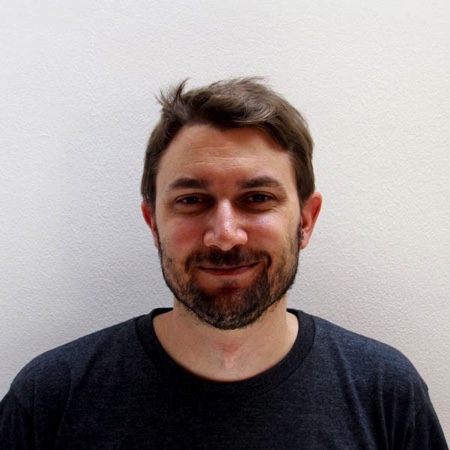
Ernesto Tagwerker
Escaping The Tar Pit
Nobody wants to inherit a project that reeks but here we are: Stuck in the tar pit. How can we get out? Could we have avoided it in the first place? In this talk you will learn how to use a few, great Ruby gems that will guide you out of that sticky tar you are in.
About Ernesto
Ernesto is the Founder of Ombu Labs, a small software development company dedicated to building lean code. When he is not playing table tennis, he likes to maintain a few Ruby gems including database_cleaner and email-spec. He is passionate about writing less code, contributing to open source, and eating empanadas.
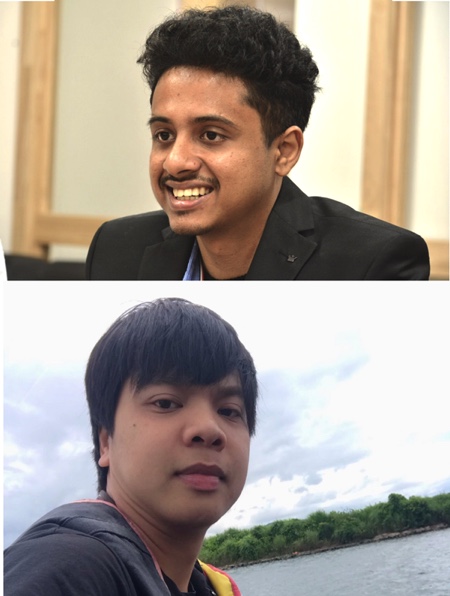
Paul Joe George and Do Xuan Thanh
Build a voice based smart home using Sinatra & mruby/c
Are you tired of searching for the remote controls? We were in that category and that’s why we decided to replace remote controls and start using a smart assistant like Alexa instead. This talk will share knowledge on how to achieve this by using mruby/c and Sinatra.
About Paul and Thanh
Paul and Thanh are software developers at Monstar Lab Inc. Living in Matz's hometown, where Ruby is more than a programming language. They use Ruby purely for fun as Ruby is fun. Using Ruby only for traditional Ruby on Rails projects never satisfied them. For that reason they decided to experiment using mruby/c - a mini version of Ruby for one-chip microcontroller programming. Currently they are building more and more practical applications to inspire other Ruby lovers to start using Ruby for IoT.
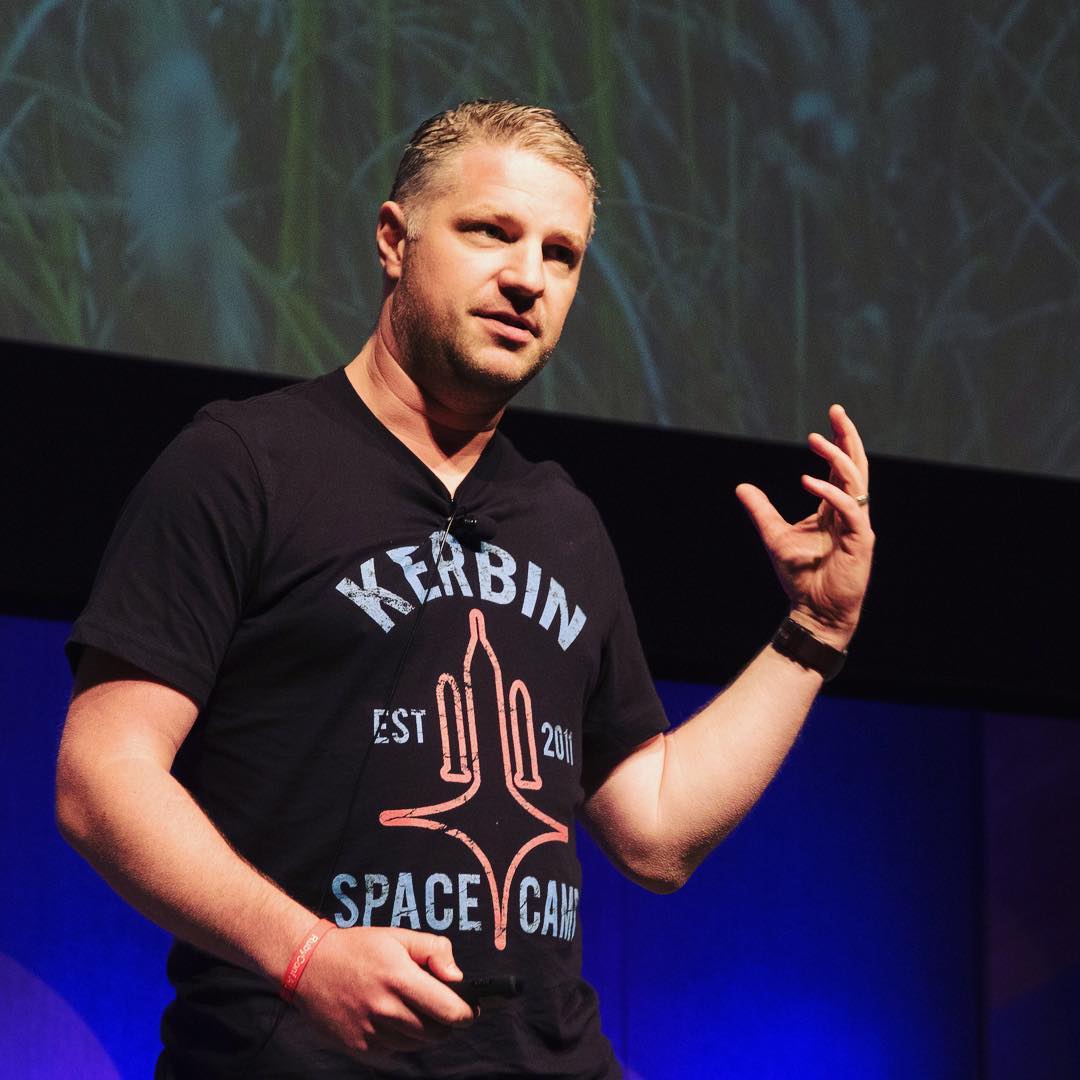
Julian Doherty
Escape Your Framework
Rails and other frameworks let you quickly throw together ideas to get up and running quickly. But as your app grows, this can limit what you can do. How can we set ourselves up to get the benefits that come from using a framework, while staying flexible and not beholden to it?
About Julian
Julian is a lead developer with 20 years experience, and has been hacking on Ruby for the last 13. Originally from Wellington, New Zealand, he now calls Melbourne home. Currently working at Envato, he has spent time at some of the biggest Rails shops in Australia. Julian also runs the Elixir Melbourne meetup group, and tries to spend as much time as possible inflicting functional programming paradigms on codebases he works in.
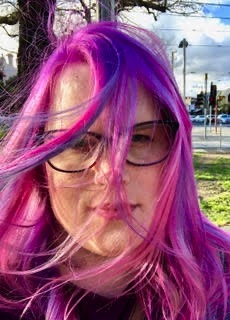
Dana Sherson
300x faster ruby
Everything I’ve learned about how to make ruby go fast with examples from writing a spell-checking gem I’ll go into how to improve your intuition about slow code, how to use and read the output of ruby-prof, rb-spy, Benchmark, Parallel, fast-ruby, etc, and the pitfalls to avoid when optimising code
About Dana
I’ve been writing ruby for about 11 years now and have thoroughly fallen in love with the language. My other hobbies include writing bad fiction and taking bad photographs. I’m a kiwi and a vegetarian so you know I’m a terrible person.
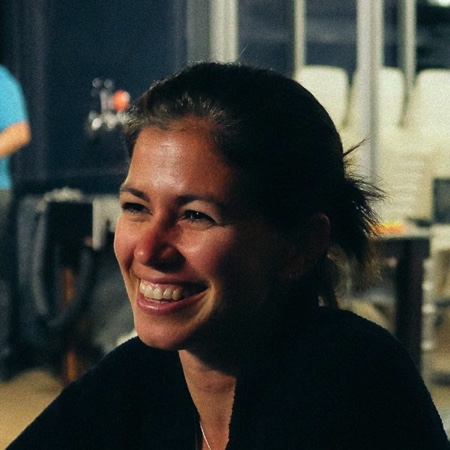
Elle Meredith
Start your own engineering apprenticeship program
An apprenticeship program creates a continuous learning environment. It helps all your engineers understand the technology stack, culture, and shared vocabulary. Learn how to develop and implement a robust apprenticeship program that creates a solid pipeline of talent that will grow your business.
About Elle
Elle has been writing Ruby for over a decade. Currently at Blackmill, previously Development Director at thoughtbot New York. Elle believes in writing clean code, driven by automatic tests, with agile practices, an even work/life balance, and a respectful and inclusive team culture. Recently, she developed and ran an apprenticeship program for Qantas Hotels. When not immersed in the Ruby community, she is probably immersed in water, or lately in flour
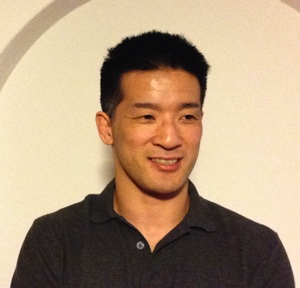
Yuji Yokoo
Developing your Dreamcast games with mruby
What would you develop for Dreamcast using Ruby? I have made an mruby environment for Dreamcast, with a small game and a presentation tool. I will cover topics including how to get started, why Dreamcast, and some challenges I have faced. This session will be delivered on a Dreamcast console.
About Yuji
Yuji is a software developer based in Adelaide, South Australia. He was born and raised in Tokyo, Japan. He used to be a Windows desktop application developer until he discovered Ruby. He also enjoys console video games, Judo and Brazilian Jiu Jitsu.
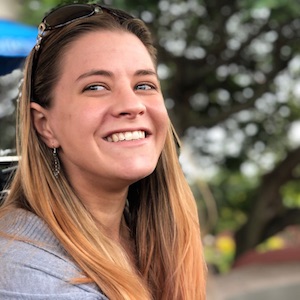
Caitlin Donaldson
About Caitlin
With a background in education and science communication, Caitlin loves learning new things and solving problems. She works as a Rails and Ember developer at TwoRedKites in Brisbane, and is a member of the Ruby Australia Committee. When she isn’t writing code or organising community events, she loves to eat cheese pizza and binge watch videos of cute animals.
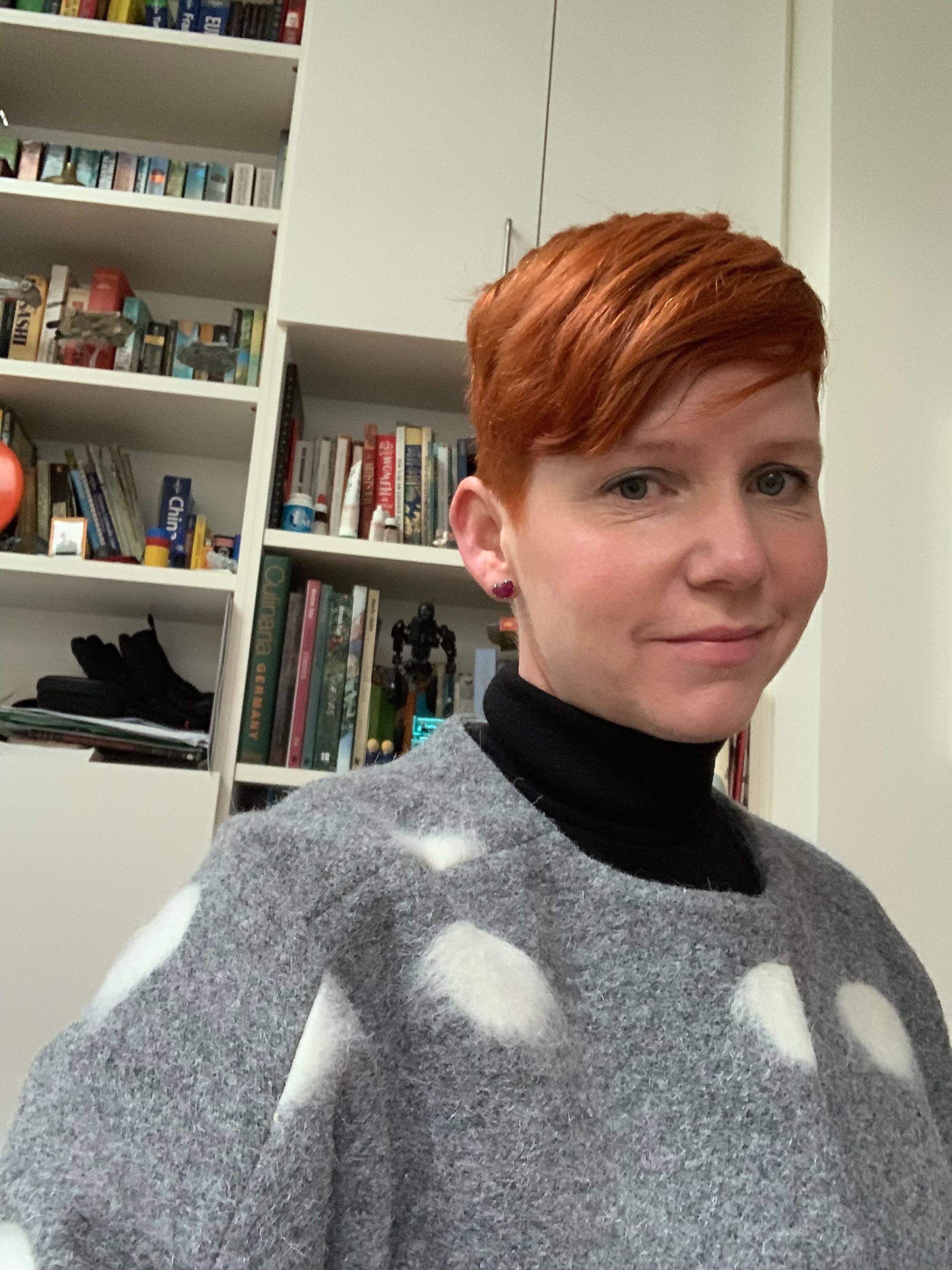
Mel Kaulfuss
About Mel
Mel is a product loving backend Software Engineer at Qantas Hotels. Discovering (to her surprise) she actually truly loved computers after attending a Railsgirls event in 2014, she embarked on a journey to software developer only to learn the road never ends. When she's not busy solving technical problems she's escaping to travel somewhere with her family, preferably outdoors; camping, hiking or skiing. Her favourite place to be is anywhere but home.